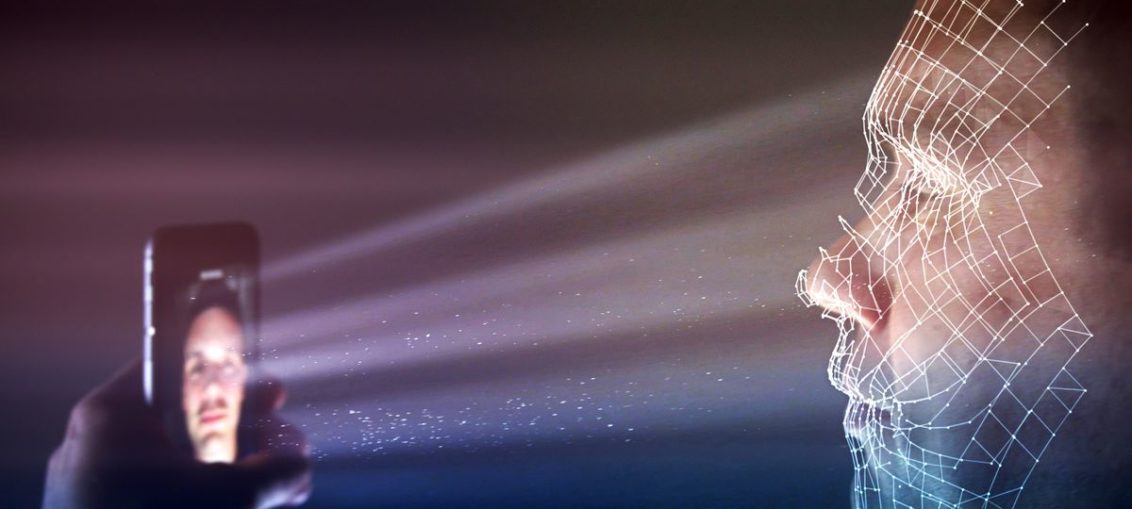
Facial recognition software program actually may assist the cops catch unhealthy guys, however the Chicago Police Department has no enterprise establishing the principles of engagement by itself.
A robust new expertise equivalent to this, which has the potential to invade the privateness of each American, ought to be employed by regulation enforcement solely after clear limits and floor guidelines have been established by others.
The Chicago police ought to droop its use of facial recognition software program till that thorough public vetting is completed.
In Thursday’s Sun-Times, reporter Tom Schuba detailed how CPD detectives are actually utilizing a facial recognition app that sweeps by some three billion images on Facebook, YouTube, Twitter and different web sites when in quest of a suspect.
The expertise can work. Schuba cited the instance of an alleged thief who lived in Chicago’s South Shore neighborhood who was caught due to the facial recognition app. The suspect made the error of posting a few selfies on social media.
Unfortunately, it can also go unsuitable.
The expertise just isn’t flawless, and anyone’s picture may very well be swept up — mistakenly or deliberately — by the police. A research launched in December by the National Institute of Standards and Technology discovered that many facial recognition methods misidentified individuals of colour extra usually than whites.
Facial recognition expertise additionally just isn’t restricted to make use of by the police. Any non-public firm, no matter its motives, should purchase the service.
Strictly talking, CPD’s choice to make use of the expertise didn’t require approval from the Chicago City Council. But you may assume {that a} police division that has struggled to realize the belief of many Chicagoans would search that impartial evaluation and approval all the identical.
Where was the general public dialogue earlier than the police, on Jan. 1, started utilizing the expertise? Where had been the hearings earlier than the City Council or state Legislature?
CPD says it’ll use the brand new expertise responsibly, however when a police division or non-public firm is allowed to set its personal requirements, these requirements can change on a whim.
As Schuba reviews, a lawsuit was filed in federal court docket this month searching for to halt the New York-based tech firm with whom CPD has partnered, Clearview AI, from persevering with to gather images and crunching the info. The expertise, the complainants allege, threatens to create “a massive surveillance state.”
Chicago already has the nation’s largest community of surveillance cameras, and the police division introduced in September that it hopes to hitch forces with a video doorbell firm referred to as Ring. This may give the cops entry to 1000’s of cameras fastened to residents’ entrance doorways.
Due to privateness worries, San Francisco and Oakland have prohibited police totally from utilizing facial recognition expertise, which looks like an overreaction. We’re glad, that’s to say, that the Chicago police had been capable of nab that alleged thief in South Shore.
What’s referred to as for just isn’t a everlasting ban, however a balancing of pursuits, as usually is the case when new types of expertise come alongside that threaten rights and liberties.
Lawmakers, for instance, have needed to set limits on the power of the police to entry data in private cellphones. They have needed to work out guidelines on when and the way regulation enforcement can use drones to trace suspects. They have needed to set guidelines on when the police can connect a GPS tracker to an individual’s automotive.
The job of the state Legislature now should be to ascertain smart guidelines for using facial recognition expertise, whereas on the similar time preserving current privateness protections, as specified by the state’s Biometric Information Privacy Act. That regulation, which offers among the many strongest protections within the nation in opposition to biometric data getting used with no individual’s consent, is underneath fixed assault by those that would weaken it.
“Whenever we tackle this privacy issue,” state Sen. Cristina Castro, D-Elgin, advised us, “you…